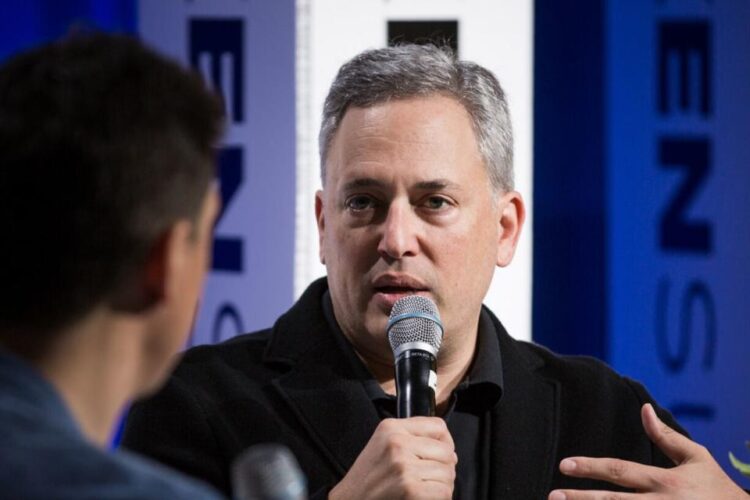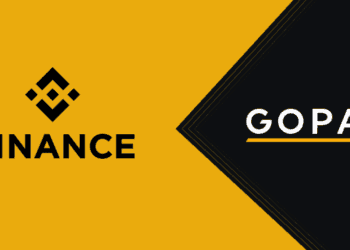In a move that underscores the growing influence of Silicon Valley in national policy, President-elect Donald Trump has appointed venture capitalist David Sacks as his artificial intelligence (AI) and cryptocurrency “czar,” along with naming him head of the President’s Council of Advisors on Science and Technology. This unprecedented decision has positioned the Bay Area tech ecosystem at the centre of Washington’s science and technology policy.
Sacks, a Stanford economics graduate and a key member of the so-called “PayPal Mafia,” brings a storied resume of entrepreneurial success and venture capital expertise to the administration. Known for co-founding Yammer (sold to Microsoft for $1.2 billion) and investing in high-profile firms like Uber, SpaceX, and Palantir through his Craft Ventures fund, Sacks embodies Silicon Valley’s ethos of disruptive innovation. However, his dual roles as a billionaire adviser and a stakeholder in the industries he will oversee raise ethical concerns. John Pelissero of the Markkula Center for Applied Ethics warns that potential conflicts of interest could jeopardize public trust, as Sacks’ portfolio directly intersects with his new government responsibilities.
Trump’s decision to tap Sacks follows the president-elect’s broader strategy of surrounding himself with prominent tech figures, including Tesla’s Elon Musk and venture capitalist Marc Andreessen. Their collective influence signals a shift toward deregulation and pro-business policies, particularly in emerging technologies. Critics, however, argue that this approach risks sidelining public accountability in favor of private profit.
AI and cryptocurrency are central to Sacks’ new remit. Since the debut of ChatGPT in 2022, AI has sparked a frenzy of innovation and investment, making it a linchpin of Silicon Valley’s economic future. Sacks has publicly dismissed fears of AI-driven job losses, framing the technology as a catalyst for economic expansion and productivity gains. Similarly, in the cryptocurrency space, Trump has promised regulatory clarity and a “strategic reserve” of Bitcoin, aligning with Sacks’ calls for an end to the “regulatory terror” under SEC Chair Gary Gensler.
Yet, Sacks’ close ties to the industries he champions invite scrutiny. His venture fund, which manages over $3.3 billion, boasts investments in AI-heavy startups like Musk’s XAI and military-linked firms such as Palantir. Critics fear that Sacks’ policies could disproportionately benefit his own interests while amplifying concerns about AI’s energy consumption, job displacement, and monopolistic practices in the tech sector.
Supporters like Stanford’s Shomit Ghose view Sacks’ appointment as a boon for innovation, predicting a hands-off regulatory approach that could accelerate advancements in AI and crypto. However, skeptics caution that the administration’s Silicon Valley-heavy leadership might erode safeguards against corporate overreach.
As Sacks takes the helm, his actions will shape not only the future of AI and cryptocurrency but also the balance between innovation and public interest in America’s rapidly evolving tech landscape.
If you want to read more articles like this, visit DeFi Planet and follow us on Twitter, LinkedIn, Facebook, Instagram, and CoinMarketCap Community.
“Take control of your crypto portfolio with MARKETS PRO, DeFi Planet’s suite of analytics tools.”





















